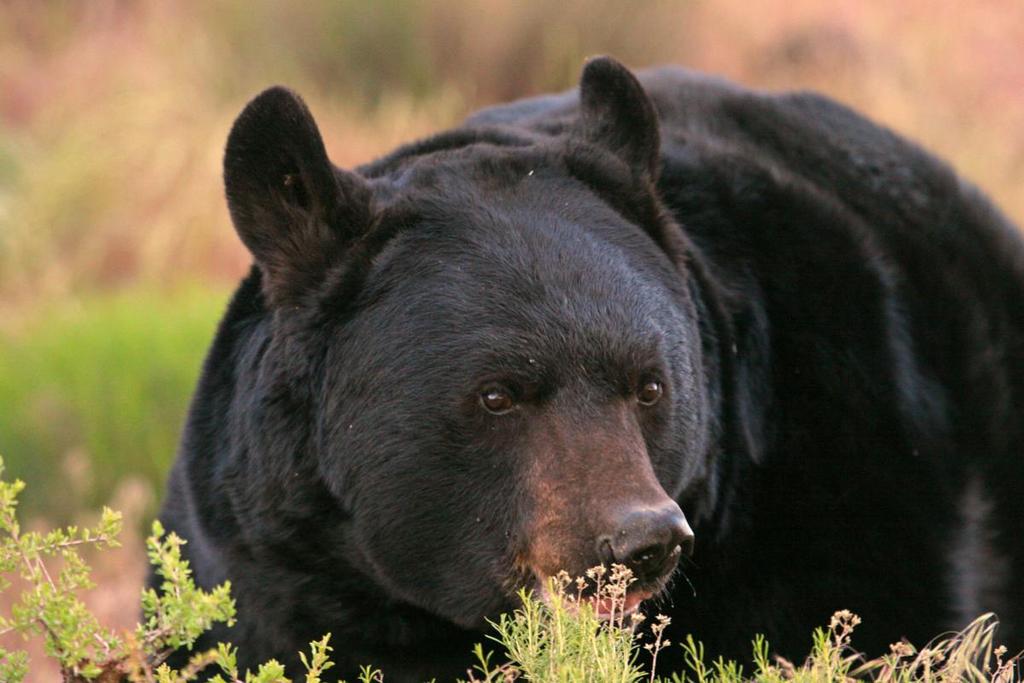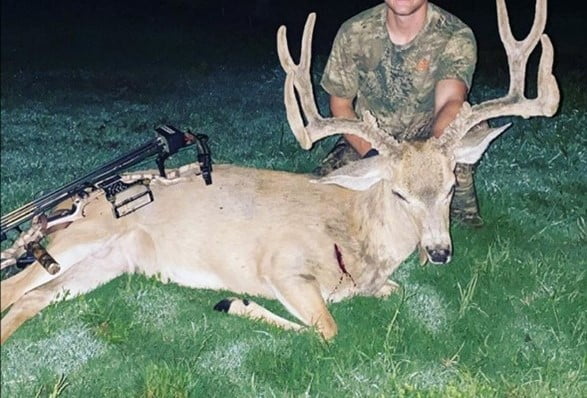Salt Lake City — The Utah Wildlife Board approved an increase to the number of black bear permits for the 2020 hunting and pursuit seasons during a public meeting held Tuesday, Jan. 7.
Black bear permit and pursuit proposals

In 2018, the Utah Wildlife Board approved the 2020 black bear permit numbers and season structure for bear hunting in Utah for the next three years. However, concerns about large numbers of pursuers and dogs on some hunting units, mule deer population declines, and clarifications about fair chase aspects of hunting bears using dogs prompted a few changes.

The Wildlife Board approved the following changes on Tuesday:
- Implementing restricted pursuit seasons in the spring for nonresident pursuers on the La Sal, San Juan and Book Cliffs units, with two restricted pursuit permits available for each unit.
- Limiting the number of dogs that can be used to pursue or harvest a single bear or mountain lion to 16 dogs.
- Retaining the eight-dog limit for all summer pursuit and restricted summer pursuit seasons.
- Clarifying that a person may not pursue a single bear or mountain lion in repeated pursuits, where it could render the animal physically unable to escape. Also clarifying that a person must make reasonable efforts to call dogs off of a bear or mountain lion after it has been cornered and held at bay.
- Adding a total of 122 hunting permits, with the largest increases on the following units:
- Beaver
- Book Cliffs, Bitter Creek/South
- Book Cliffs, Little Creek Roadless
- Chalk Creek/East Canyon/Morgan-South Rich
- Plateau Boulder
- Requiring that a mandatory ethics portion be added to the online Utah Bear Orientation Course. Individuals must complete the course before purchasing or applying for hunting or pursuit permits.
- Revisiting the frequency of changes to black bear management. Going forward, any proposed changes to the management of bears will occur on a yearly cycle, rather than the previous three-year recommendation cycle.
Other agenda items
Along with the recommendations regarding bears, the Wildlife Board also approved a 10-year extension to the current Wolf Management Plan. It was approved in 2005 for a 10-year period, and then a five-year extension was approved in 2015. Gray wolves are currently classified as endangered (except for in a small portion of northeastern Utah where they have been delisted), and as an endangered species, they fall under the management of the U.S. Fish and Wildlife Service. The Utah Wolf Management Plan will only take effect when wolves are delisted statewide.
The Wildlife Board also approved an amendment that would allow brine shrimp harvesting companies to more easily transfer their Certificate of Registration, which allows them to harvest brine shrimp from the Great Salt Lake, to another business.
